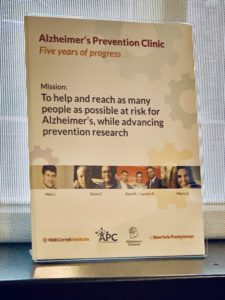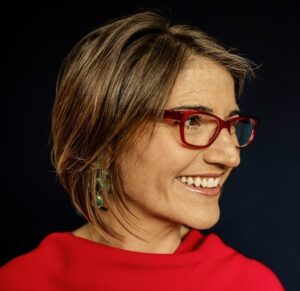If you know me at all, you know that my mom developed Alzheimer’s at a young age. She lived with me when Graham was an infant and left us to live with my brother and sister in-law (once she needed 24h supervision for her safety) a few years later when Graham was 3. I posted this pseudo-tribute to her last year as I was processing the extreme emotions I was feeling while we were preparing for her to move out.
Living with a mother succumbing to Alzheimer’s lit a fire under my ass, and I started reading everything I could about preventing Alzheimer’s. I was terrified that I already had it (since we now know that changes in the brain begin decades before memory issues actual manifest), and that thought alone prevented me from seeking expert advice for a few years: I wasn’t sure I wanted to get testing done if that testing would tell me I was doomed. But reading case reports about people who were already formally diagnosed with cognitive impairment or early Alzheimer’s actually reversing their disease with lifestyle changes made me realize that knowledge is power, and that I was willing to feel the fear of finding out whether I had actual pathology in my brain if it meant I could do something to improve my chances of preserving my mind for longer. Being an older mom of an only child (today, I’m 47 and Graham is 4) is particularly motivating for me to do whatever I can to stick around as long as possible.
When I started noticing in January 2021 that I was having minor word-finding difficulties, I started to truly worry. It felt like a glitch in my brain: I’d be watching Graham play with a toy airplane and would say to him, “Are you going to make it ..drive.. uh, fly?” (Like the word “fly” just took an extra split second to arrive into my brain.) Or I’d mix up the word cabinet for shelf, or other similar quick word-finding glitches that I’d catch in an instant but which didn’t seem to happen to me before. It was more than the typical forgetting of names that seems to plague all of us in middle age. And this worried me, especially because my mom seems to have a lot of trouble with language as part of her disease. This subjective word-finding difficulty led me to panic, convinced that I had the earliest signs of Alzheimer’s myself. So I decided to reach out to Dr. Richard Isaacson, the world’s foremost expert in Alzheimer’s prevention. I first became aware of the Alzheimer’s Prevention Clinic at Weill Cornell after listening to Peter Attia’s podcast in which Dr. Isaacson, the neurologist who founded the program, discussed Alzheimer’s prevention efforts.
Dr. Isaacson had a waiting list many months long, but he graced me with a phone call and listened to my complaints: that I noticed this glitchy word-finding difficulty, and that I thought my attention span was lacking and had been for several years (I could remember the blood magnesium level of one of my 16 inpatients three days later, but my husband might tell me something and it was as if I’d never heard it). Dr. Isaacson said that he could tell by talking to me on the phone that I definitely didn’t have tau (aka neurofibrillary tangles – one of the hallmarks of more advanced Alzheimer’s), but that he wanted me to get a bunch of testing done to learn more. These were tests that he could order for me once I was established as a patient in his clinic, but he suggested that I try to get as much of it done as I could on my own in advance to help speed things along while I was waiting for an appointment. He suggested that I get an MRI of my brain, extensive neuropsychological testing, a body composition scan like the InBody 770, a fancy new blood test that has just recently become available called PrecivityAD which looks for specific forms of beta amyloid and the apolipoprotein E proteotype (equivalent to ApoE genotype) in the blood and is highly correlated with the presence of amyloid plaques in the brain, an OmegaQuant blood test to evaluate the omega-3 fatty acid content of my red blood cells, and an extensive blood panel from a company called Boston Heart Diagnostics. These tests would all help him understand where my brain and metabolic health is sitting at the moment and allow him use precision medicine to target specific areas where my own personal Alzheimer’s risk is highest.
Let me tell you, the months that followed that first phone call leading up to my actual first visit with Dr. Isaacson in the Alzheimer’s Prevention Clinic were full of anxiety and fear as I navigated the healthcare system trying to get all of these tests done (a huge pain in my ass) and worrying about the results as each one came back. I was terrified — indeed, convinced — that one or more of the tests would show I had early Alzheimer’s. In upcoming posts I’ll tell you more detail about each of these tests and what they told me about my own risk.

And of course, we will get to my visit with Dr. Isaacson and the advice he gave me after seeing all of my results. Stay tuned for details!
xo Jen

